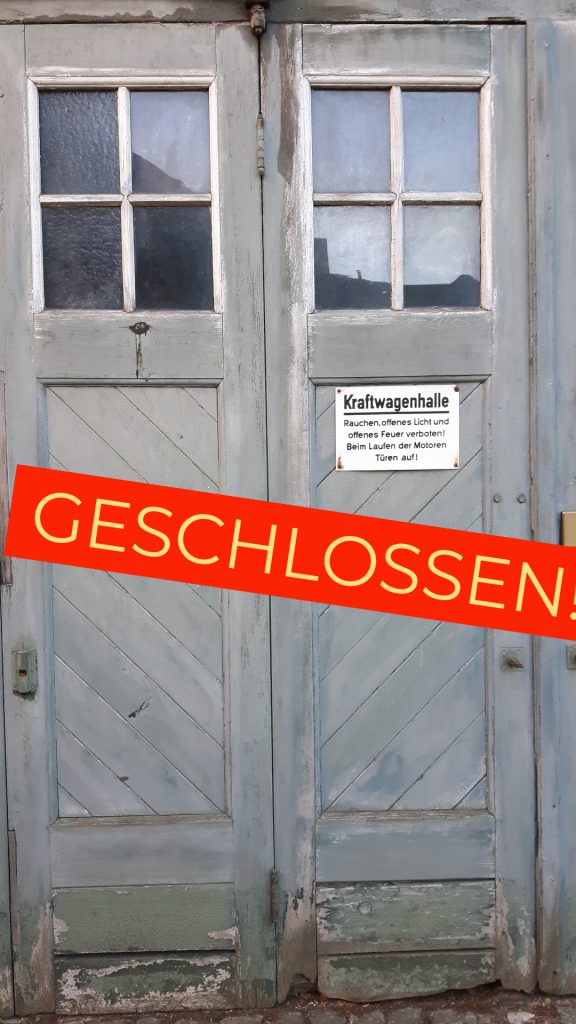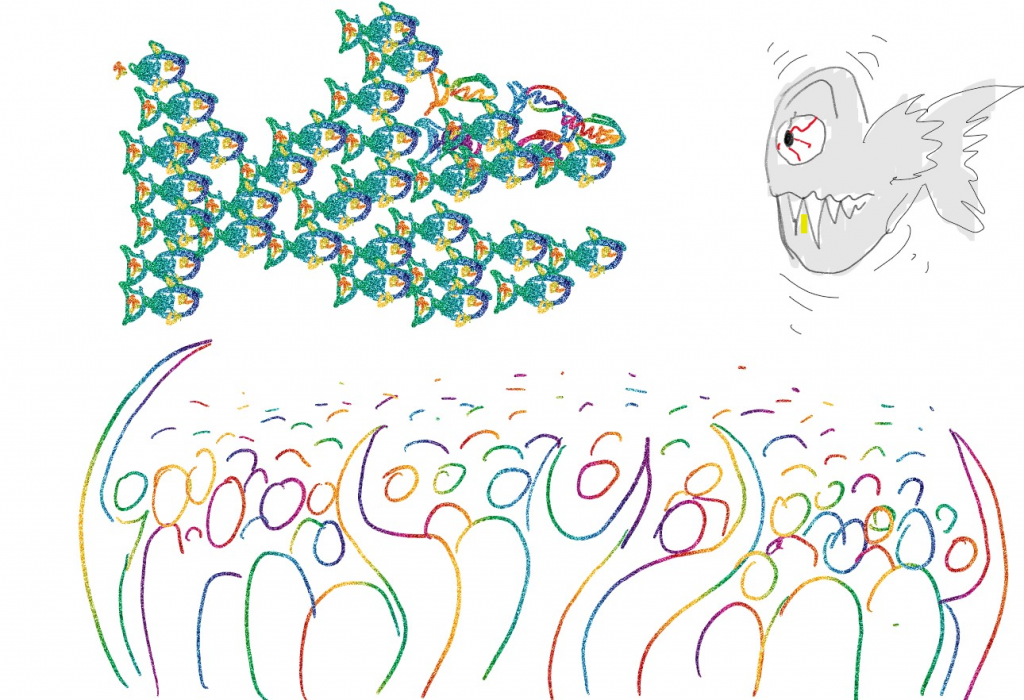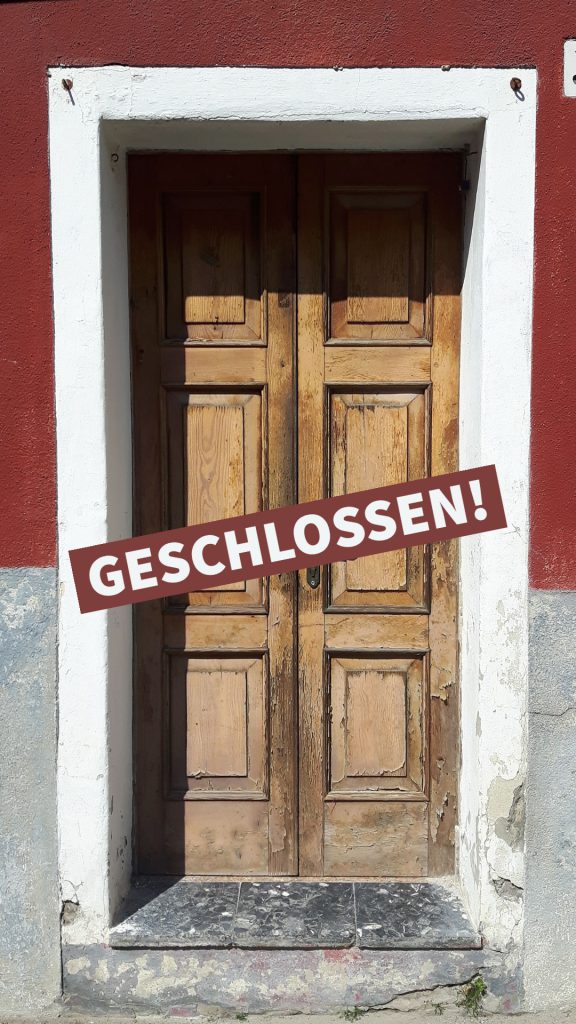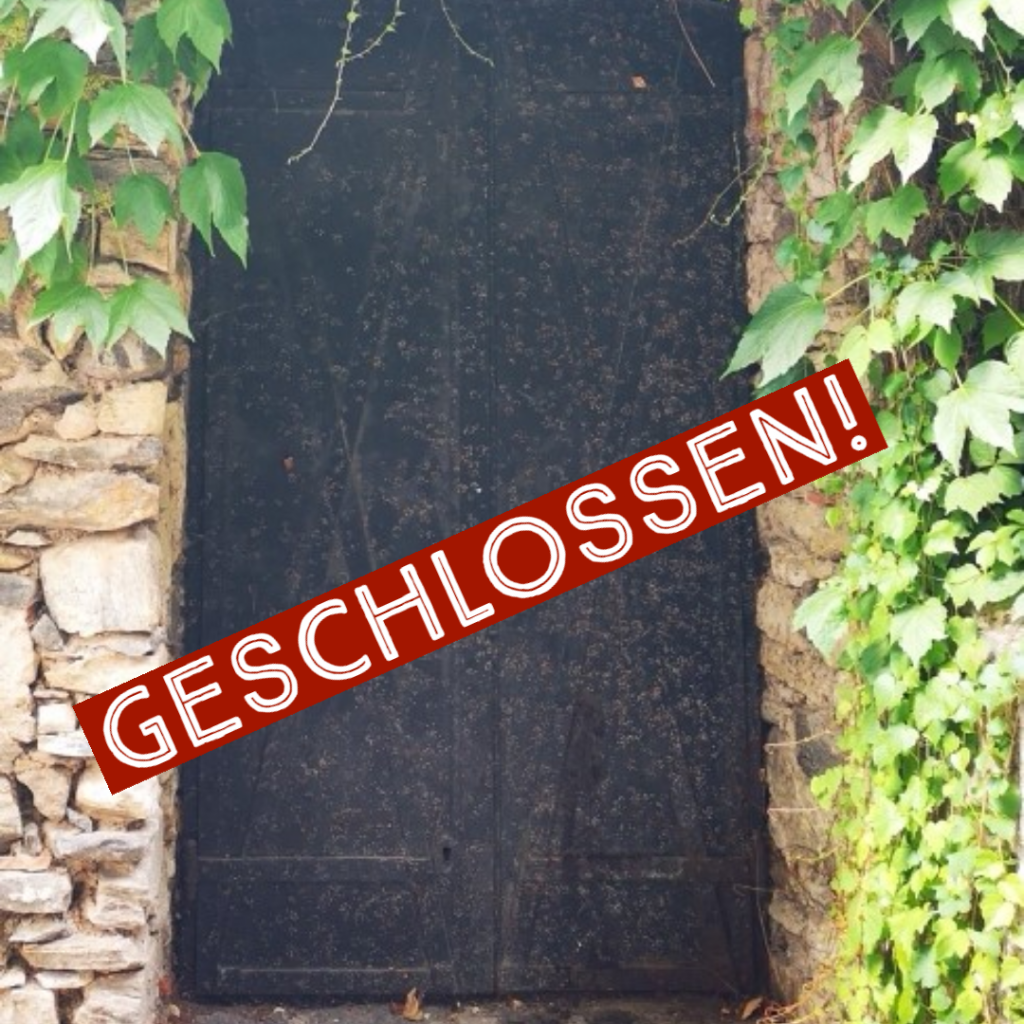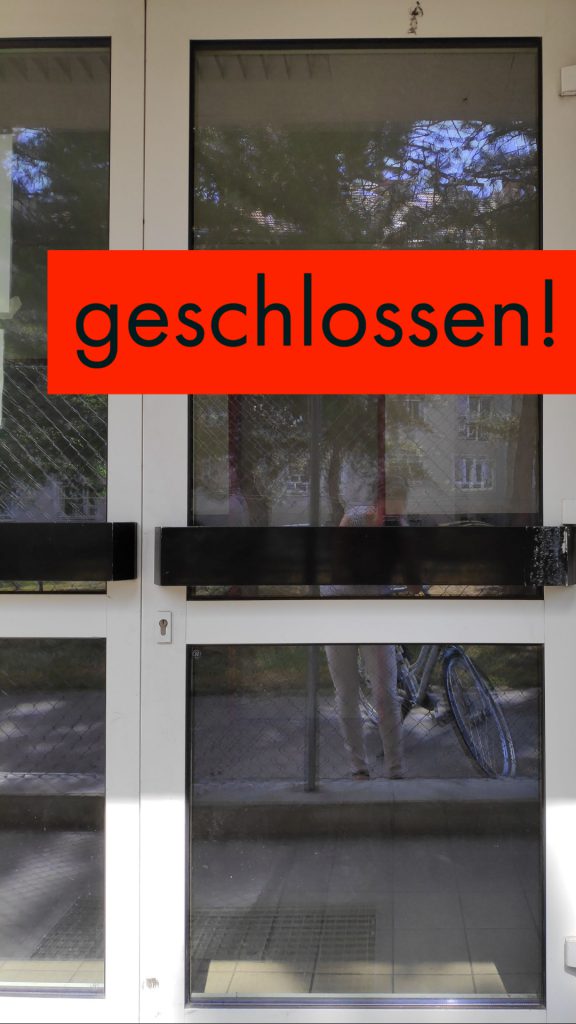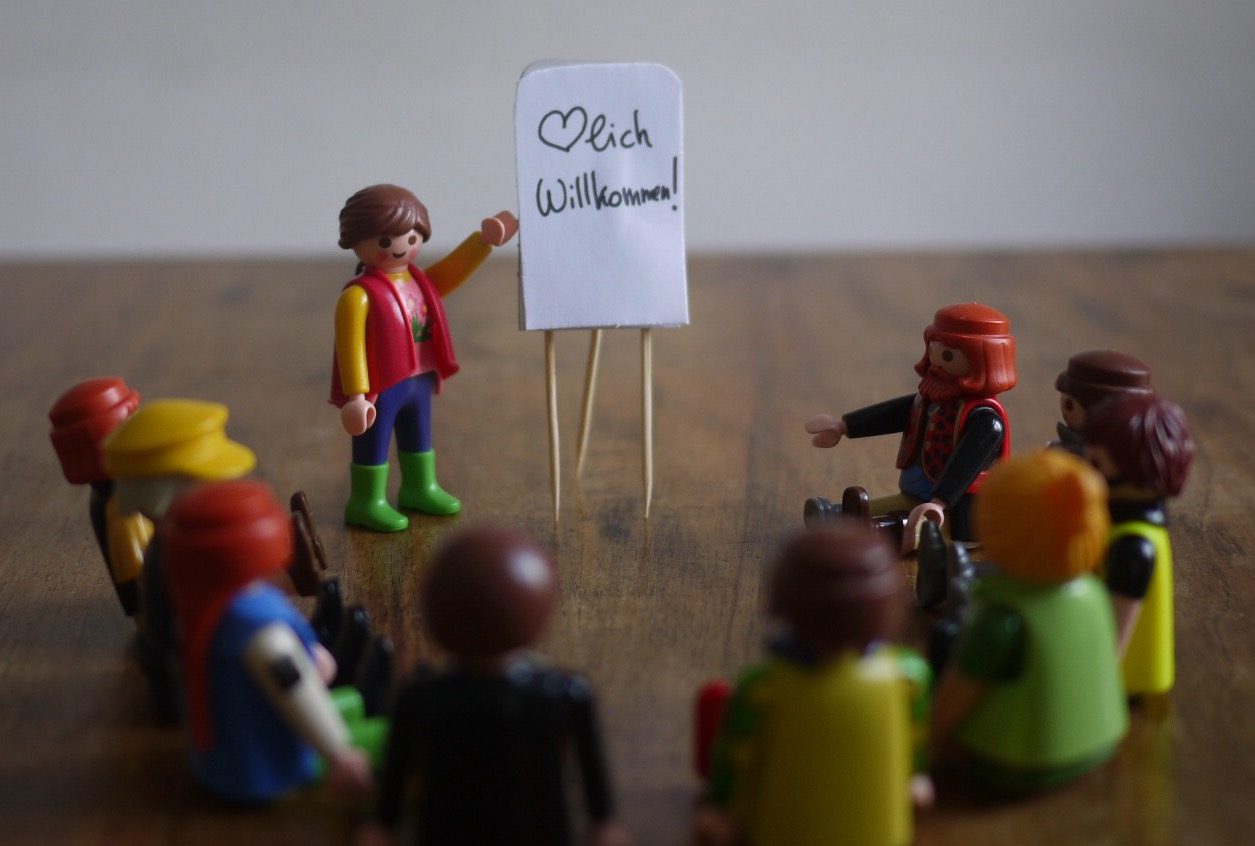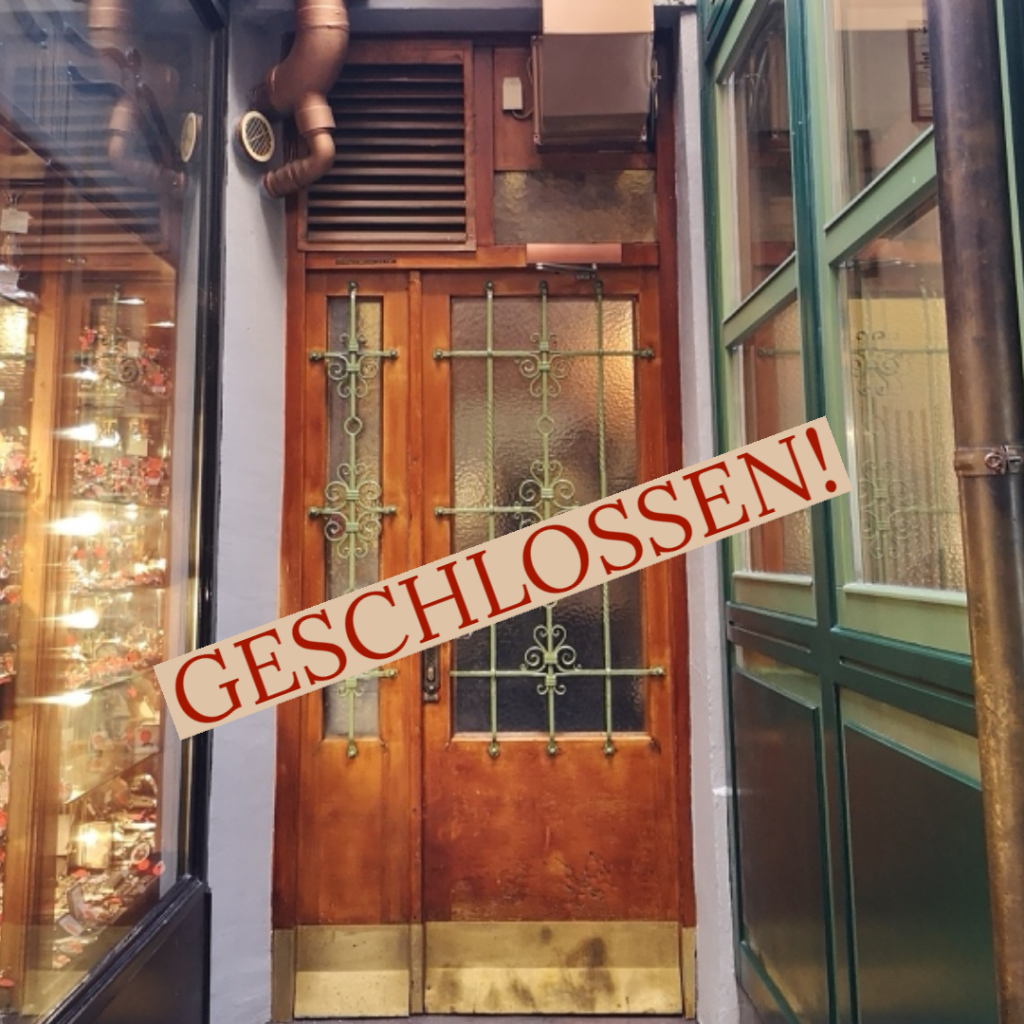Machen wir uns doch was aus…
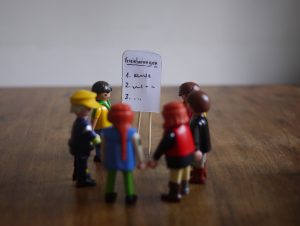
Rudi ist stinksauer, als er die Nachricht an seine Kolleg*innen schickt, das nächste Treffen auszulassen. Er hat am Vortag das erste Mal mit einer neuen Gruppe gearbeitet und überhaupt keine Lust unter Menschen zu gehen. Yasmine ruft ihn an und fragt, ob sie etwas machen kann, um sein Stimmung zu verbessern. Kurz umreißt Rudi die erlebte Situation und zeigt sich ein bisschen ratlos, wie er sich auf den nächsten Termin mit der Gruppe vorbereiten soll. „Aber Rudi, dann ist ja unser Treffen genau das richtig für dich!“
Weiterlesen
